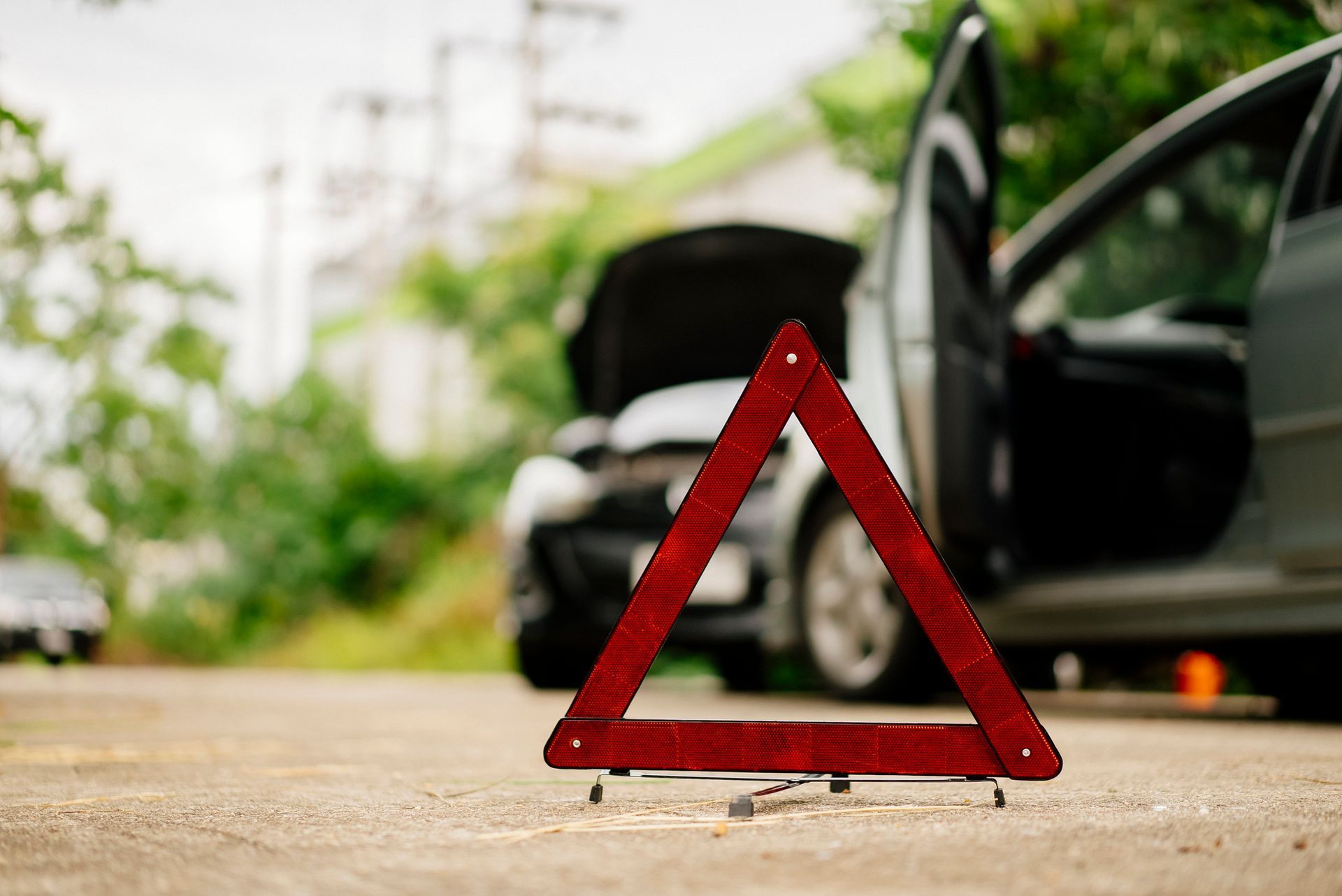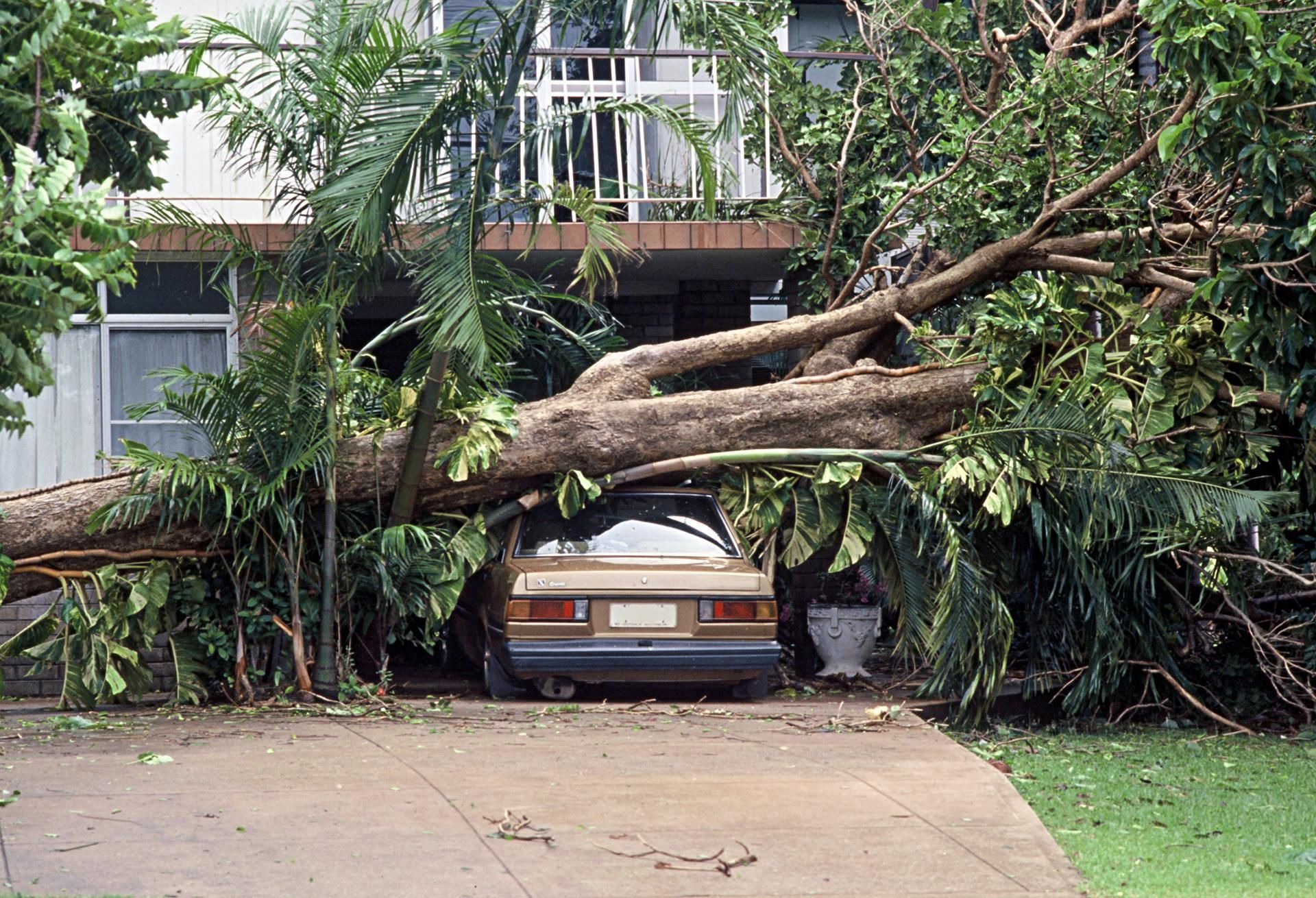Dangers Medical Treatment Gaps Can Cause in Injury Claim
Following your personal injury, medical care is essential. Medical treatment not only helps restore you to your former state, but it also often establishes the extent of your injuries. Unfortunately, a common mistake many people make when pursuing a personal injury lawsuit is creating a gap in their medical treatment.
While these gaps are sometimes unavoidable and unintentional, they can have negative consequences against your case. What are the different types of gaps, and what dangers do these present? Here is some information surrounding these that you need to know.
Gaps in Medical Treatment: What It Means
Your medical record is an essential component of your personal injury claim. Your personal injury attorney will submit these records as a part of your case. Along with showing the extent of your injuries, your medical records also help provide the basis for proving that the defendant's negligence in the case is liable for your injuries.
There are two types of gaps that personal injury attorneys often see in medical records. The first gap usually occurs between the date and time of your initial injury and when you seek medical care. This gap is more common than you may think.
Sometimes specific injuries can take time to show up. Many people do not realize that they are initially injured. It may be days or weeks later when they still have pain before seeking medical care.
The second gap occurs after you seek initial medical services, but then you fail to follow through with treatment for weeks or months. Some common gaps may include missing the following:
- Physical therapy
- Occupational therapy
- Chiropractic care
- Pain management appointments
- Vocational rehabilitation
You may also fail to fill specific prescriptions or return to your doctor for follow-up appointments.
There are times when these gaps are unavoidable. For example, you may be hospitalized for a period of time for another condition and unable to schedule your physical therapy appointments. When you have these inevitable gaps, keeping your doctor and your personal injury attorney in the know is essential.
Calling your provider and explaining why you missed your appointment or are currently non-compliant with treatment allows them to document your record with these reasons. This effort shows your continued commitment to your treatment.
Dangers That Gaps Can Create for Your Personal Injury Case
Unfortunately, gaps in treatment do more than delay your ability to recover. They also can endanger your personal injury case in the following ways:
Gaps in Treatment Cause Insurers to Raise Questions
There will be several investigations of your claim following your accident. Not only will law enforcement perform an analysis, but so will the defendant's insurance adjuster. Having gaps in treatment can raise additional questions for the adjuster.
If you wait weeks or months before seeking medical care following your accident, they may question whether the accident caused your injuries or whether you were injured somewhere else after the accident occurred. They may also ask whether your injuries and pain levels were as serious as you stated if you did not seek complete treatment.
Gaps in Treatment Can Cause a Devaluation of Your Claim
Pain and suffering is often a significant portion of your personal injury claim. This amount can be calculated using both your special and general damages. While your special damages are easily calculated because they represent out-of-pocket losses, general damages are much more complicated. These damages include things such as:
- Physical discomfort
- Physical pain
- Emotional distress
- Anxiety
- Stress
When you have a gap in treatment, it can be difficult to prove they’ve have existed for the extent of your injuries. When your personal injury attorney presents your case to the judge, jury, or mediator, the defendant's representation will argue that your gaps show your lack of pain and suffering during these times.
They will say that if you were experiencing the pain and suffering you claim you had, you would have been more compliant with your treatment plan. This argument can cause a devaluation of your case.
At Smith Morgan, LLP, we can help you avoid these treatment gaps or overcome any gaps you may have already experienced. Call us today so we can review your case and help you receive compensation.










